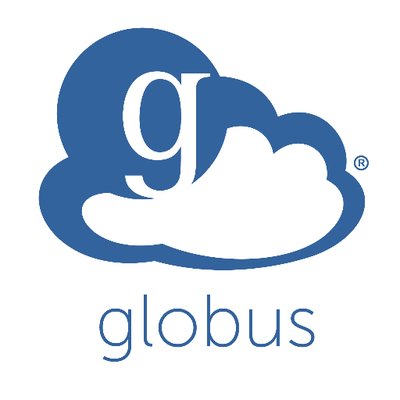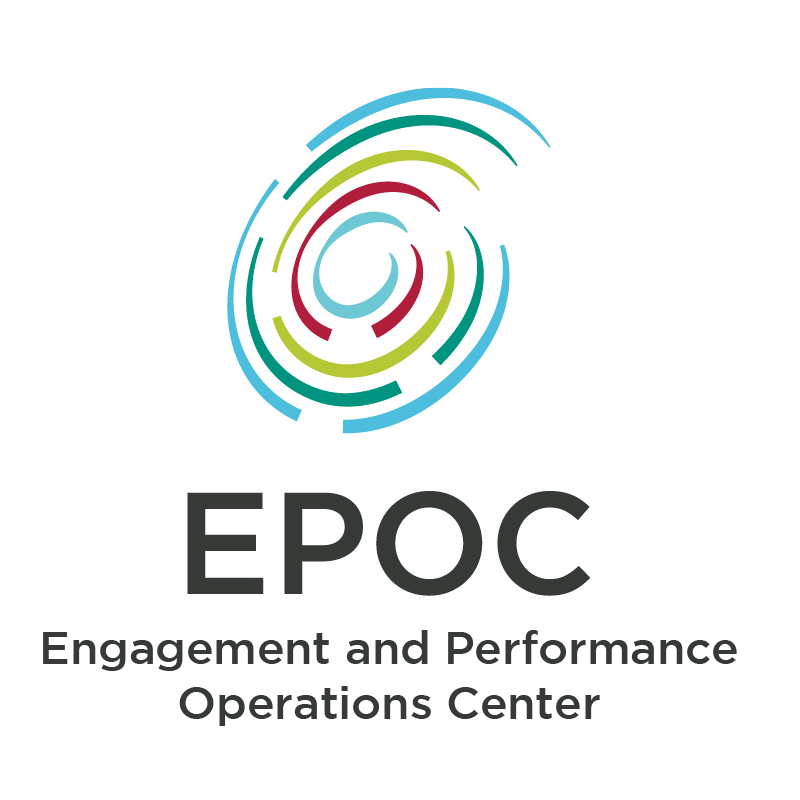



Newark, NJ, June 21, 2023 – Edge (NJEdge.net, Inc.), Princeton University, Globus, and EPOC (TACC and ESnet co-PIs) hosted the Cyberinfrastructure for Research Data Management Workshop on the Princeton University campus May 23-24, 2023. The in-person workshop was designed to help research computing professionals deploy next-generation cyberinfrastructure that can effectively support data-intensive science.
Consisting of two days of hands-on and presentation material, the workshop focused on the concepts of the Science DMZ, Data Management using Globus, perfSONAR network measurement, and affiliated Research & Education best common practices designed to operate modern research and education networks to support data intensive science.
“Broadening access to expertise and resources to support research as well as making sure the workforce is prepared to design and operate research and education networks to support data intensive science is an important part of the mission of EdgeDiscovery. Edge is thrilled to have partnered with Princeton University, EPOC, and Globus in making this workshop available and look forward to future events like this to bring the community together and address specific needs.”
— Forough Ghahramani
Assistant Vice President for Research, Innovation, and Sponsored Programs, Edge

Noted Forough Ghahramani, Assistant Vice President for Research, Innovation, and Sponsored Programs, Edge, “Broadening access to expertise and resources to support research as well as making sure the workforce is prepared to design and operate research and education networks to support data intensive science is an important part of the mission of EdgeDiscovery. Edge is thrilled to have partnered with Princeton University, EPOC, and Globus in making this workshop available and look forward to future events like this to bring the community together and address specific needs.”
“It was wonderful to bring this broad group of professionals who support research together to better understand the tools and infrastructure that facilitate the easy movement and management of data to accelerate data intensive research. Events like this help to build a community of common support where people have relationships with the people who are developing these technologies and with their colleagues who can share their challenges, solutions, and successes implementing and maintaining data management infrastructure,”commented Curt Hillegas, Associate CIO, Research Computing, Princeton University Office of Information Technology (OIT) and Princeton Institute for Computational Science and Engineering (PICSciE).
The workshop brought together approximately 60 participants representing a diverse set of institutions including small liberal arts colleges to R1 institutions and National Labs from across the nation. Members of the research community, research computing, data management, cybersecurity, High Performance Computing (HPC), and library staff and administration were well represented. Specific backgrounds of participants included network, systems, HPC, Cloud, security, library technology, and science engagement engineers, system administrators, research facilitators, project managers, and research data management specialists. Administrator roles included CIOs, deans, managers, and directors.
Added Jason Zurawski, Science Engagement Engineer, the Energy Sciences Network (ESnet) “Cyberinfrastructure has become a critical service for campus environments that support research and education. Training activities that focus on learning how to design and operate these environments are a critical technology exchange activity. “
“It was wonderful to bring this broad group of professionals who support research together to better understand the tools and infrastructure that facilitate the easy movement and management of data to accelerate data intensive research. Events like this help to build a community of common support where people have relationships with the people who are developing these technologies and with their colleagues who can share their challenges, solutions, and successes implementing and maintaining data management infrastructure,”
— Curt Hillegas
Associate CIO, Research Computing,
Princeton University Office of Information Technology (OIT) and
Princeton Institute for Computational Science and Engineering (PICSciE)

Rachana Ananthakrishnan, Executive Director, Globus elaborated further, “Managing increasingly diverse data and computation tasks is a burden that hinders research progress. The Globus team at the University of Chicago is dedicated to reducing this burden through sustainable software. We’re always excited to participate in workshops such as this where the community comes together to share best practices and make advanced cyberinfrastructure capabilities more broadly accessible.”
The workshop content was intended for those who are supporting infrastructure and/or developing applications for research and education, and was particularly intended for the following groups:
- NSF Campus Cyberinfrastructure awardees (and those preparing for the next CC* solicitation)
- Research computing administrators and technical staff
- Campus enterprise storage and network infrastructure managers
- Core facility (NGS, cryoEM, fMRI, etc.) IT staff
Workshop attendees gave the event favorable reviews indicating, “I liked the overall content, presentation, and location. The workshop covered the fundamentals of networks, data transfer, and data management and how these methods are applicable to the research community on a campus.” Another attendee added, “Thank you to Princeton U. for hosting this event. The NJEdge Workshop was valuable for bringing together some of the HPC and research community with varied backgrounds and goals. It also made much information available for how we can all broaden our abilities to support research and aid in multi-institutional collaboration.”
The breaks and reception during the workshop provided an opportunity for attendees to network with one another and exchange information about opportunities, challenges, and best practices of supporting the research community in their respective environments. The reception was at the beautiful Palmer House and sponsored through generous support from the Princeton University Office of Information Technology.
Please visit the following websites for additional information on the workshop partners:
- Edge Discovery »
- Globus »
- The Engagement and Performance Operations Center (EPOC) »
- Princeton University Office of Information Technology »
- Princeton Research Computing »
- Princeton Institute for Computational Science and Engineering (PICSciE) »
About Edge:
Founded in 2000, Edge, a 501(c)(3) nonprofit corporation, serves as a purpose-built research and education wide area network and technology solutions partner. Edge connects members with affordable, easy access to high-performance optical networking, commodity Internet and Internet2 services, and a variety of technology-powered products, solutions, and services. The Edge member consortium consists of colleges and universities, K-12 schools and districts, government entities, healthcare networks, and businesses spread throughout the continental US. The group is governed by the New Jersey Presidents’ Council with offices in Newark, Princeton, and Wall Township, NJ. For more information, please visit: www.njedge.net.
Media Contact:
Adam Scarzafava
AVP for Marketing and Communications, Edge
855-832-3343
adam.scarzafava@njedge.net


